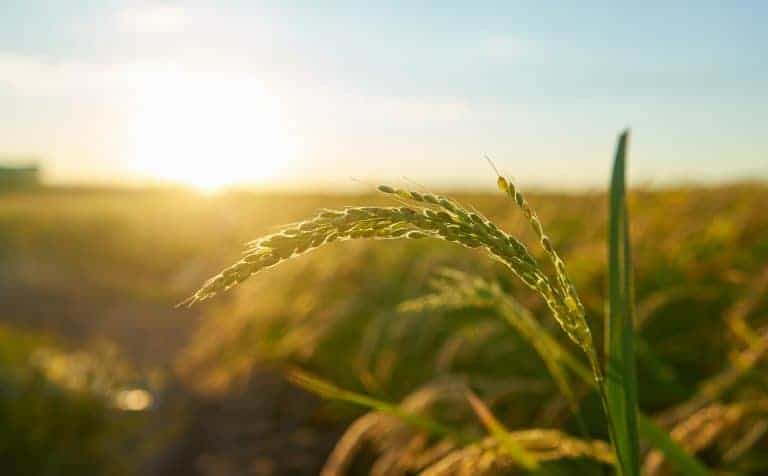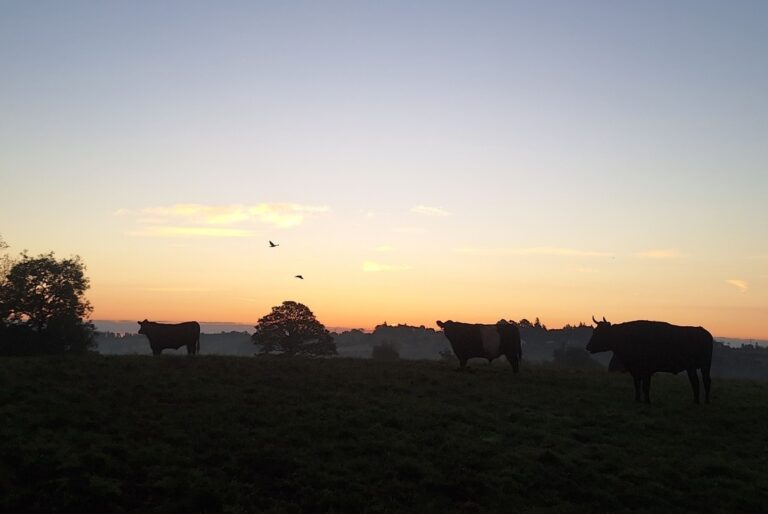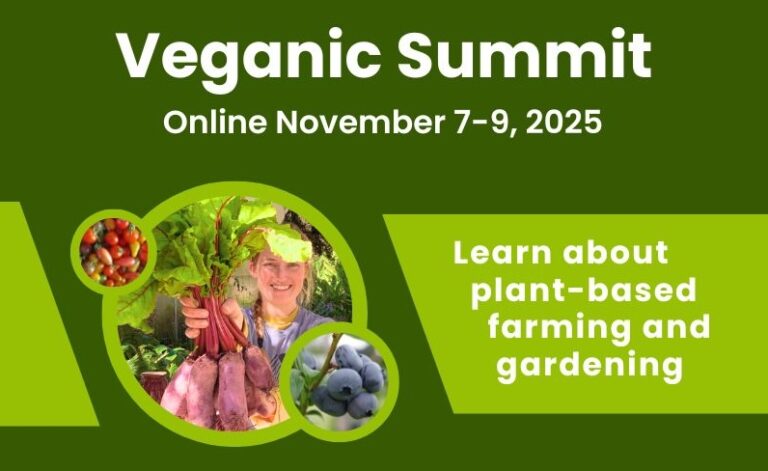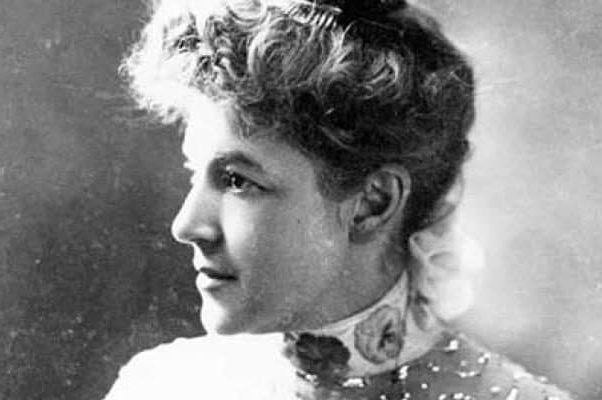“In a vegan world the creatures would be reintegrated within the balance and sanity of nature. A great and historic wrong, whose effect upon the course of evolution must have been stupendous, would be righted. The idea that his fellow creatures might be used by man for self-interested purposes would be so alien to human thought as to be almost unthinkable. In this light, veganism is not so much welfare as liberation, for the creatures and for the mind and heart of man; not so much an effort to make the present relationship bearable, as an uncompromising recognition that because it is one of master and slave, it has to be abolished before something better and finer can be built.”
~ Leslie Cross, Veganism Defined
With the word and the concept becoming much more widely known, common usage of the word ‘vegan’ has gone through a number of shifts in the last couple of decades.
Contrary to popular belief, vegans do not only subscribe to a plant-based diet. Nor do we abstain from using animal products solely as a reaction to large-scale, industrialized animal farming. Vegans object to the use of our fellow animals as resources, whether the individuals in question are in intensive confinement, or in small, backyard, family-farm situations.
This includes the use of other animals for food, for clothing, for cosmetics, for research, and for entertainment.
It also extends to any situation where other animals are used for labor, such as horses drawing carriages, and all cases where our fellow animals are regarded as commodities, such as in the pet industry, where sentient beings become living inventory to be bought and sold as “companion animals.”
Although many vegans encourage adoption and rescue of animals previously used as pets, we do not support the pet trade by purchasing the individuals it sells.
Vegans don’t use or wear animal skin in the form of leather or suede, body hair sold as wool, fur, or brush bristles, feathers marketed as down, or any other fabric that comes from animals, including the raw material of cocoons that is boiled out of living insects to become silk.
Nor do we eat as food any ingredients that come from other animals’ bodies, including milk, honey, eggs, flesh, or anything else of animal origin, including “by-products,” such as gelatin and casein.
We abstain from using cosmetics and personal care products that are made using animal ingredients or animal testing, and we don’t support or condone any form of “entertainment” or so-called “sport” that involves the use of living individuals, including circuses, rodeos, aquariums, racing, hunting, safaris and zoos. As far as is reasonably possible, we seek alternatives to pharmaceutical products made using animal ingredients or testing.
The worldwide enslavement of animals for human convenience and gratification is an ethical atrocity, and eliminating one’s support for animal-based industries is an essential first step in aligning oneself with the principles of justice and nonviolence. This is not limited simply to one’s diet, but extends to all aspects of life where our fellow animals are treated as commodities, rather than as sentient beings with an interest in their own lives and freedom. Whether factory-farmed, free-range, cage-free, grass-fed, or raised on small family farms, there are no exceptions to this as long as animals are being bought, sold, and used as economic production units.
Further Reading:
What’s in a Word
Veganism Defined
The Importance of Being Vegan

Vegan FAQ: Demystifying Veganism with 20 Simple Questions
By sharing the insights we’ve gained over our many years as long-time vegan educators, we hope the Gentle World Vegan FAQ will help readers come to a clear understanding of what veganism is all about, so they can feel empowered about making the transition.













